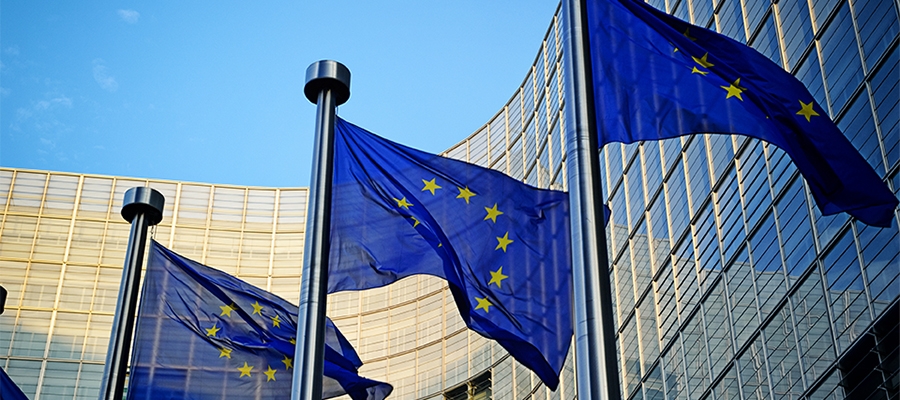Our services for efficient EU ETS management
Under the new rules, ship managers can serve shipowners by providing and administering data, reporting, carbon accounting, carbon certificate trading and EU registry services as required. But a shipowner does not have to part from the valuable carbon certificates prior to submission. Moreover, under the previous interpretation, there was a significant risk to compliant shipowners who could have been affected by defaulting shipowners due to a ship manager’s shared DOC. The old interpretation of the rules could have led to litigation and years of uncertainty – unacceptable given the amounts at stake.
There is still need for further clarification of key questions, such as responsibility in case of ownership change and the practicability of the registration process itself. However, from working directly with members of the European Commission’s Directorate-General for Climate Action over the last few months, I am happy to report that their understanding of our somewhat complex maritime industry is good and that they are committed to producing a realistic ruleset.









